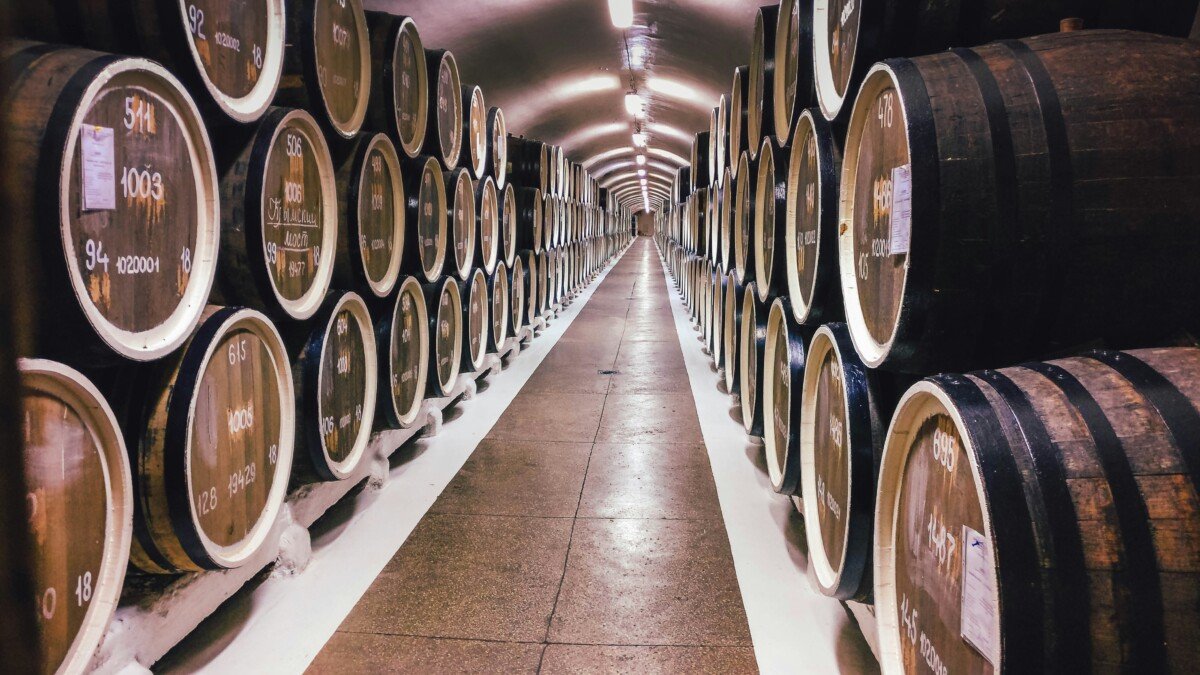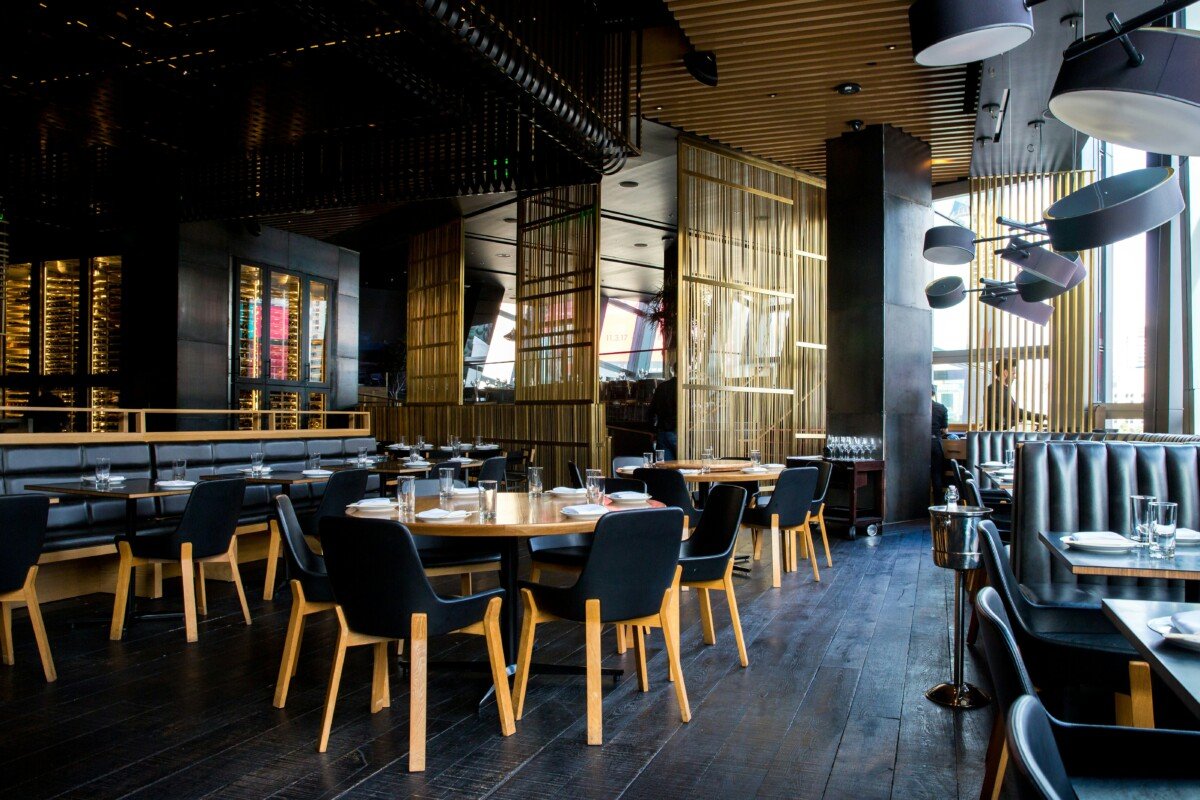Historical Background of Thanksgiving in Liberia
Thanksgiving in Liberia finds its origins deeply intertwined with the establishment of the country by freed African-American slaves in the early 19th century. The American Colonization Society, formed to resettle freed black Americans, facilitated the creation of Liberia in 1822. These early settlers brought with them various cultural traditions from the United States, one of which was Thanksgiving. The Liberian Thanksgiving mirrors the American tradition, a reflection of the strong cultural and historical connections between the two countries.
The early settlers viewed Thanksgiving as an opportunity to express gratitude for their newfound freedom and the establishment of a homeland. This holiday was a means to celebrate not only their survival but also their success in creating a new society. As they adapted to their new environment, the settlers maintained this practice of giving thanks, which became a significant event in the Liberian calendar.
The influence of American culture on Liberia is evident in many facets of Liberian society, and Thanksgiving is a prime example of this cultural exchange. The Liberian Thanksgiving is observed on the first Thursday of November, a slight deviation from the American date, yet it retains the essence of the American tradition. The celebration involves communal feasting, religious services, and expressions of gratitude, similar to the practices in the United States.
Over the years, Thanksgiving in Liberia has evolved, but it continues to serve as a reminder of the shared history and enduring ties between Liberia and the United States. It is a day when Liberians reflect on their past, celebrate their heritage, and give thanks for their nation’s progress and resilience. This historical connection underscores the unique position of Liberia as the only African nation to observe Thanksgiving, making it a distinctive cultural event with deep-rooted significance.
Unique Traditions and Customs of Liberian Thanksgiving
Liberian Thanksgiving, celebrated on the first Thursday of November, offers a distinct cultural experience that differentiates it from the American version. This unique holiday is a blend of American traditions and indigenous Liberian customs, creating a rich tapestry of cultural expression. One of the most notable aspects is the traditional Liberian Thanksgiving foods. While turkey is still a popular dish, it is often accompanied by local staples such as jollof rice, cassava, and an array of tropical fruits. These culinary delights reflect the country’s agricultural heritage and the influence of its diverse ethnic groups.
Festivities during Liberian Thanksgiving are vibrant and community-oriented. Unlike the more family-focused American Thanksgiving, Liberians place a significant emphasis on communal gatherings. Families and friends come together to share meals, stories, and music. Local markets bustle with activity as people purchase ingredients for their feasts, and the air is filled with the aroma of traditional dishes being prepared. In this context, food is not just sustenance but a symbol of community and shared history.
Church services play a vital role in Liberian Thanksgiving celebrations. Many Liberians attend special services where they offer prayers of gratitude and sing hymns. These services are often followed by community feasts held on church grounds, further emphasizing the holiday’s communal nature. The act of giving thanks is deeply rooted in the Liberian ethos, and Thanksgiving provides an opportunity for individuals to express their gratitude for the year’s blessings.
Another unique aspect of Liberian Thanksgiving is the exchange of gifts and acts of charity. It is common for people to give gifts of food or money to those less fortunate, reinforcing the values of generosity and community support. This tradition highlights the spirit of Thanksgiving in Liberia, where the focus is not only on personal gratitude but also on uplifting others within the community.
Overall, Liberian Thanksgiving is a celebration that melds American holiday traditions with indigenous customs, creating an event that is uniquely Liberian. Through traditional foods, community gatherings, church services, and acts of charity, Liberians come together to celebrate and give thanks in a way that is deeply reflective of their cultural identity.
Comparisons Between American and Liberian Thanksgiving Celebrations
Thanksgiving is a time-honored tradition in both the United States and Liberia, marked by an emphasis on family gatherings, expressions of gratitude, and feasting. However, while the essence of Thanksgiving is similar in both countries, there are notable differences in terms of customs, food, and the overall atmosphere.
In the United States, Thanksgiving is celebrated on the fourth Thursday of November, and it often involves elaborate feasts featuring roasted turkey, stuffing, cranberry sauce, and pumpkin pie. American Thanksgiving traditions also include parades, such as the Macy’s Thanksgiving Day Parade in New York City, and watching football games. The holiday serves as a significant cultural event, reflecting American values of gratitude, family unity, and celebration of the harvest.
In contrast, Liberian Thanksgiving is observed on the first Thursday of November. The celebration in Liberia, Africa’s sole participant in this holiday, carries its unique flavor. While the focus on family and gratitude remains central, Liberian feasts often include local dishes such as cassava, greens, and rice, along with the less common inclusion of roasted chicken or duck instead of turkey. The influence of Liberian culture is evident in the music, dances, and communal gatherings that characterize the holiday, creating a festive and vibrant atmosphere.
Over time, Thanksgiving in both countries has evolved, reflecting broader societal changes. In the United States, the holiday has become increasingly commercialized, with the day after Thanksgiving, known as Black Friday, marking the beginning of the holiday shopping season. In Liberia, Thanksgiving has grown to incorporate more global elements, influenced by cultural exchanges and the diaspora community, while still retaining its distinctive Liberian essence.
Globalization and cultural exchange have played significant roles in shaping Thanksgiving celebrations in both nations. As people move and cultures blend, new traditions emerge, enriching the holiday’s significance. Despite these changes, the core values of family, gratitude, and communal feasting continue to unite both American and Liberian Thanksgiving celebrations, highlighting the universal human desire to come together and give thanks.
The Significance of Thanksgiving in Modern Liberian Society
Thanksgiving in Liberia holds a unique place in the fabric of the nation’s cultural and social identity. Unlike its North American counterpart, Liberian Thanksgiving is a deeply rooted tradition that transcends generations, fostering a sense of unity and national pride. Modern Liberian society perceives Thanksgiving as more than just a day of festivity; it is a significant event that brings together diverse communities under a common banner of gratitude and reflection.
The celebration of Liberian Thanksgiving is marked by a blend of traditional and contemporary practices, reflecting the country’s dynamic cultural landscape. Older generations often emphasize the historical and religious aspects of the holiday, recalling the origins of Thanksgiving as a time to give thanks for a bountiful harvest and to seek blessings for the future. In contrast, younger Liberians are increasingly incorporating modern elements into the festivities, such as music, dance, and social media, thereby making the holiday more inclusive and accessible to all.
In the socio-economic context, Liberian Thanksgiving serves as a crucial moment to address issues of community support and resilience. The holiday provides an opportunity for families to come together, share resources, and offer assistance to those in need. This communal spirit is particularly significant in a country that has faced numerous challenges, including economic instability and political upheaval. By promoting values such as gratitude and solidarity, Thanksgiving helps to strengthen social bonds and foster a collective sense of purpose.
Moreover, Liberian Thanksgiving contributes to national cohesion by reinforcing a shared identity among its citizens. In a nation with diverse ethnic groups and cultural backgrounds, the holiday acts as a unifying force, encouraging people to celebrate their commonalities rather than their differences. This unity is further highlighted by public events and communal gatherings, which often feature speeches by political and community leaders emphasizing the importance of togetherness and mutual support.
In sum, Thanksgiving in Liberia is a multifaceted celebration that plays a crucial role in modern society. It not only honors traditional values and history but also adapts to contemporary influences, ensuring its continued relevance. Through the promotion of gratitude, community support, and national unity, Liberian Thanksgiving remains a vital and cherished part of the nation’s cultural heritage.













